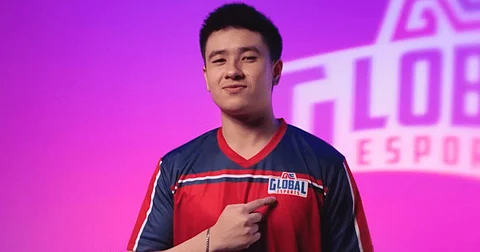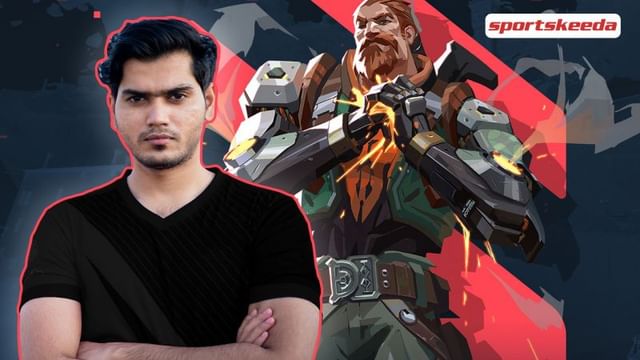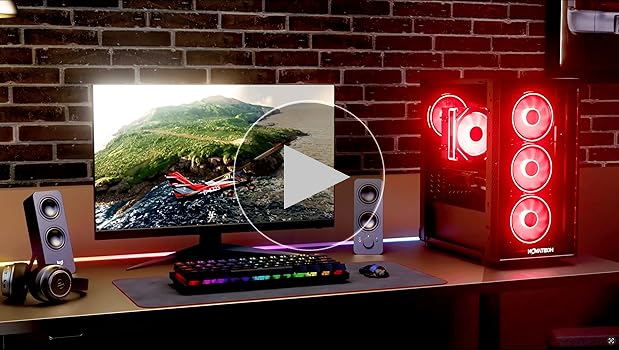DSG Valorant: A Toast to Trouble in VCT Challengers?
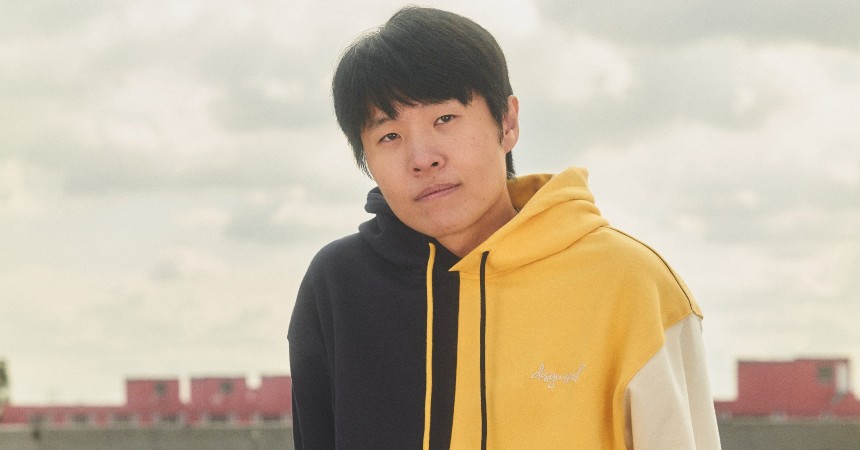
For those of us who cut our teeth on Counter-Strike 1.6 and Source, the precision and map control were everything. Transitioning to Valorant, it's been interesting to see how much the game emphasizes tactical ability and team coordination over raw mechanical skill – though a crisp headshot still feels good. But that shift also highlights the challenges of building a successful Valorant team, something Disguised Toast's (DSG) team is learning firsthand in the VCT Challengers League - North America. The recent performance, roster changes, and community buzz surrounding DSG have raised serious questions about the team's future. Let's dive in and analyze what's going on.
VCT Challengers League Performance: A Struggle for Supremacy
DSG's performance in the recent VCT Challengers split has been…rough. While Disguised Toast's popularity undoubtedly drew attention to the team, results haven't matched the hype. The series against OREsports, for example, showcased a clear skill and coordination gap. OREsports seemed to consistently out-rotate and out-aim DSG, exposing weaknesses in their strategic planning and execution. We witnessed questionable agent compositions, slow rotations, and an inability to adapt mid-round, reminiscent of pub-stomping Counter-Strike without a coherent strategy. These strategic missteps cost them dearly. The current record reflects this struggle, placing them towards the bottom of the league standings. DSG Valorant Performance 2024 has been a point of concern.
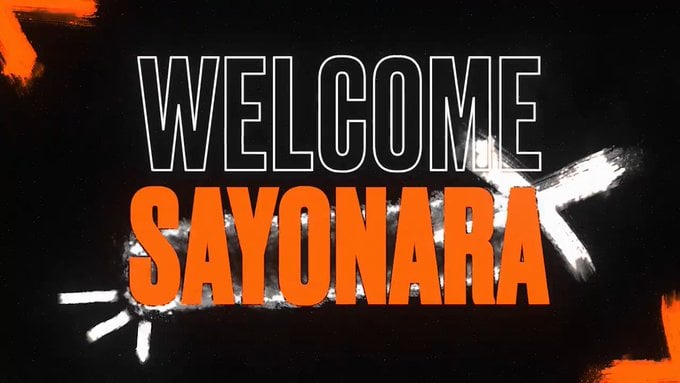
Roster Changes: Shuffling the Deck
To address the performance issues, DSG has made significant roster changes. Most notably, SkillZ has departed from the team. While I won't speculate on the exact reasons behind the departure (that’s for the individuals involved to share), it's clear that his absence leaves a void. Simultaneously, the organization has brought in a new IGL (In-Game Leader) to try and inject some much-needed strategic direction.
The impact of these changes remains to be seen. New players require time to integrate into a team, learn strategies, and build synergy. The team's chemistry, which is absolutely crucial in Valorant, will need to be rebuilt. The DSG Valorant Roster evolution is something to watch.
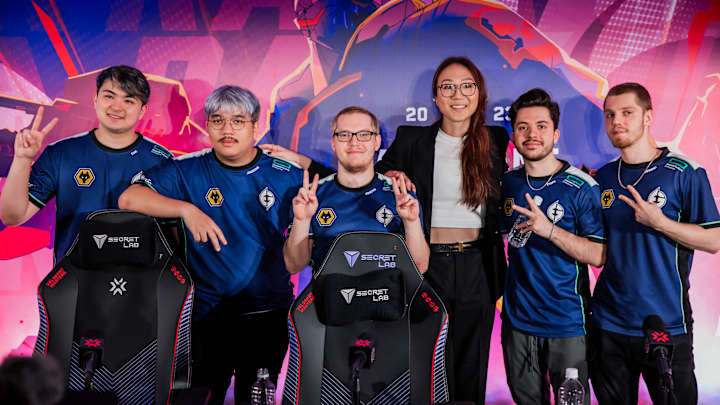
Whispers in the Wind: Addressing Internal Issues
The internet never forgets, and the Valorant community is quick to dissect every move. Rumors of internal conflicts and disagreements within the team have been circulating, fueled by social media posts and the occasional ambiguous statement. While I'm not going to repeat unsubstantiated claims, it's undeniable that something is brewing beneath the surface.
The pressure of competition can be immense, and personality clashes are common in any team environment, let alone one under the intense scrutiny of esports. It’s vital to manage these conflicts constructively and maintain open communication to prevent them from affecting performance.
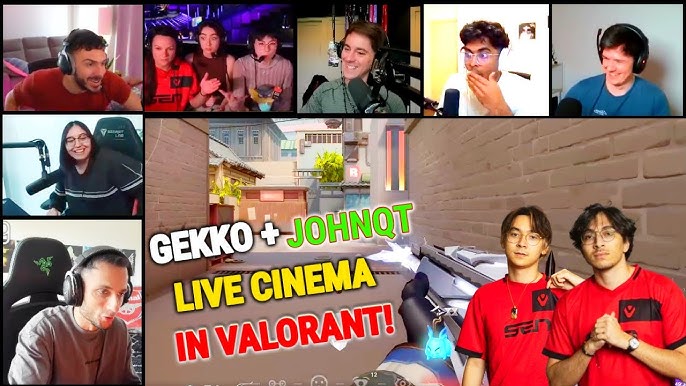
Community Backlash: Reading the Riot
The Valorant community, particularly on platforms like Reddit's r/ValorantCompetitive and Twitter, hasn't held back in expressing their disappointment with DSG's performance. Criticisms range from strategic blunders to perceived lack of dedication. Some accusations are fair, stemming from visible in-game mistakes. Others are likely exaggerated or based on incomplete information.
It's essential for teams to acknowledge community feedback, but also to filter out the noise and focus on constructive criticism. Public perception matters, but internal improvement is paramount.
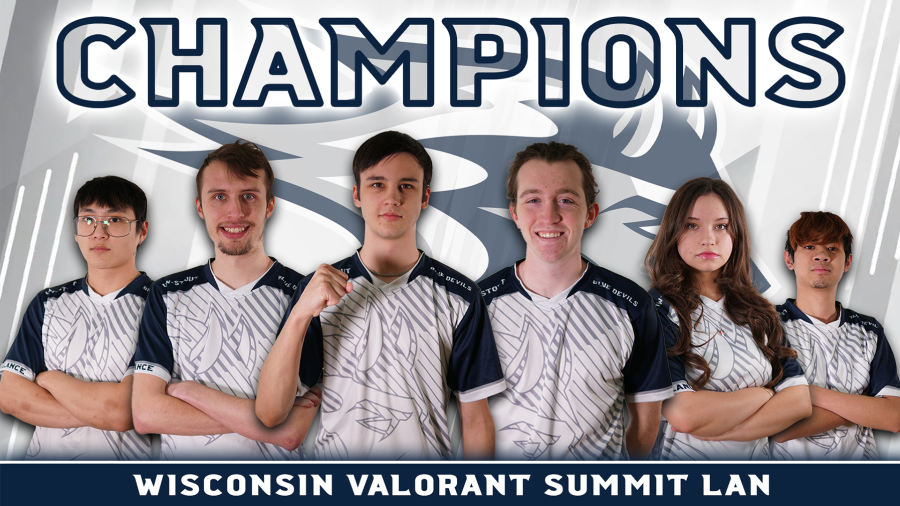
Building a Winning Team: Lessons from Counter-Strike and Valorant
Having spent countless hours grinding in Counter-Strike, both in 1.6 and Source, I've learned that building a successful team is more than just assembling skilled players. It requires a cohesive vision, strong leadership, clear roles, and unwavering trust. Valorant is no different.
In Valorant, understanding agent synergies, mastering map control, and adapting to the opponent's strategies are crucial. A strong IGL is essential for calling the shots and making real-time adjustments. But perhaps even more importantly, a positive team environment fosters open communication and allows players to perform at their best under pressure. The Valorant Team Building Strategy is a key component.
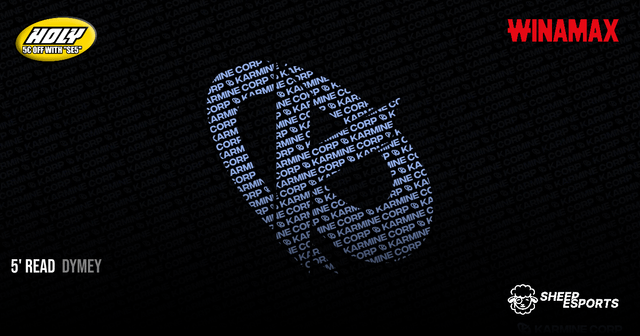
The Road Ahead: Can DSG Turn the Tide?
So, what does the future hold for DSG in the Valorant scene? Honestly, it's too early to say definitively. The recent roster changes are a step in the right direction, but they need time to gel. If the new IGL can effectively implement a clear strategic vision and foster a positive team environment, DSG has the potential to improve.
However, the competition in VCT Challengers is fierce. DSG will need to address their strategic weaknesses, improve their communication, and develop a more consistent playstyle to climb the ranks. The VCT Challengers Betting Odds might be stacked against them, but with dedication and the right changes, they can surprise us.
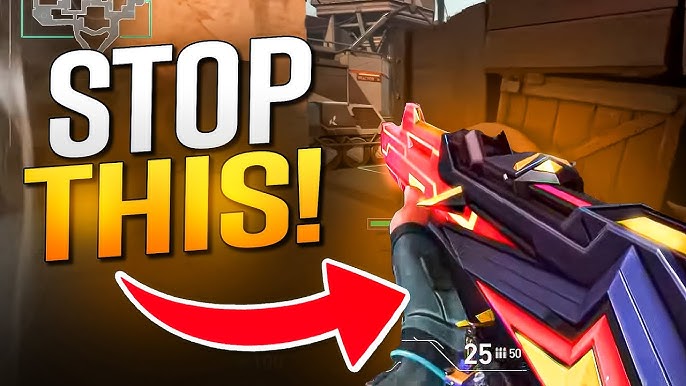
Ultimately, building a successful esports team is a marathon, not a sprint. DSG has the resources and the fanbase to make a serious run in Valorant. Now, they need to focus on the fundamentals, build a strong team dynamic, and execute their strategies effectively. Only time will tell if they can rise to the challenge.
